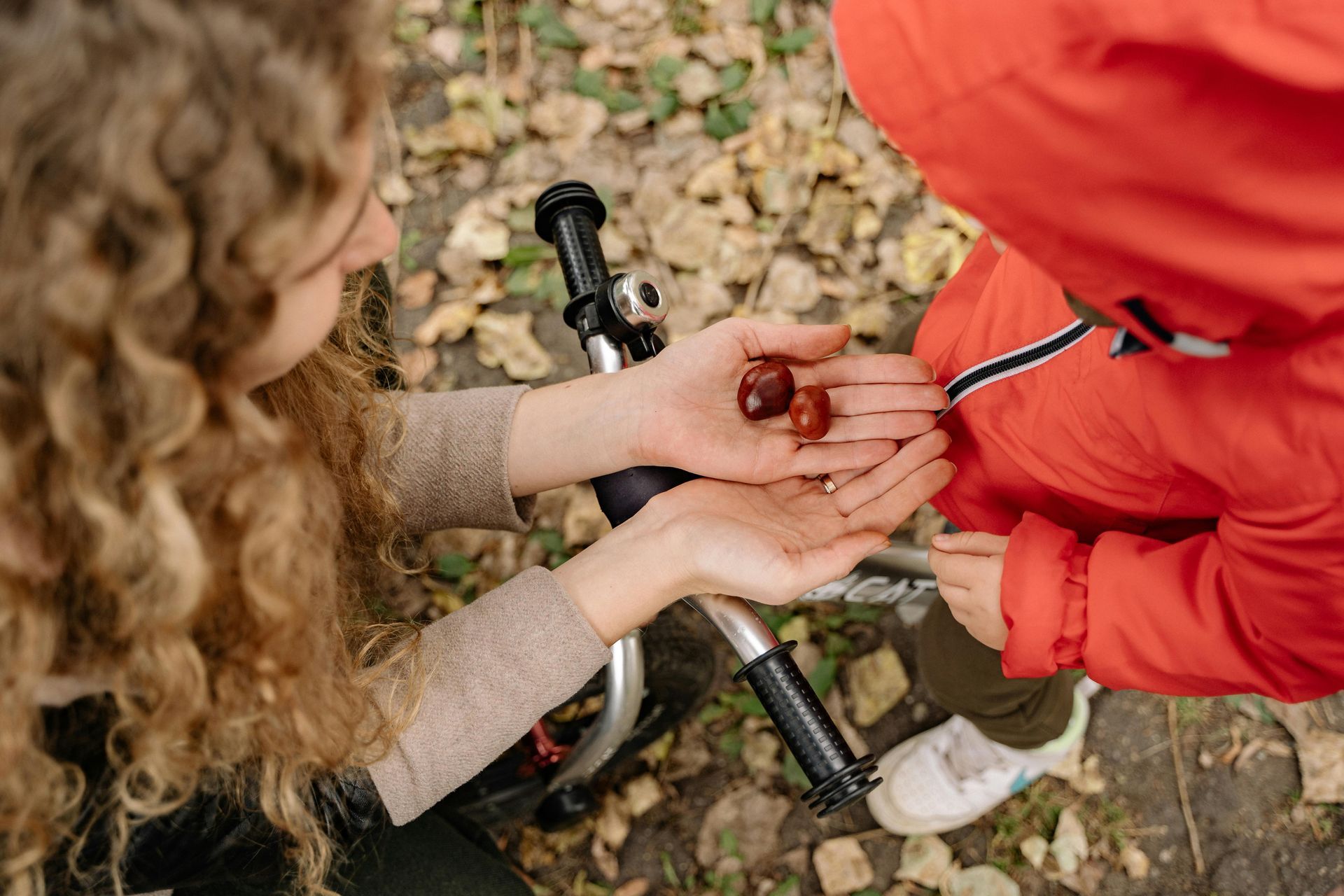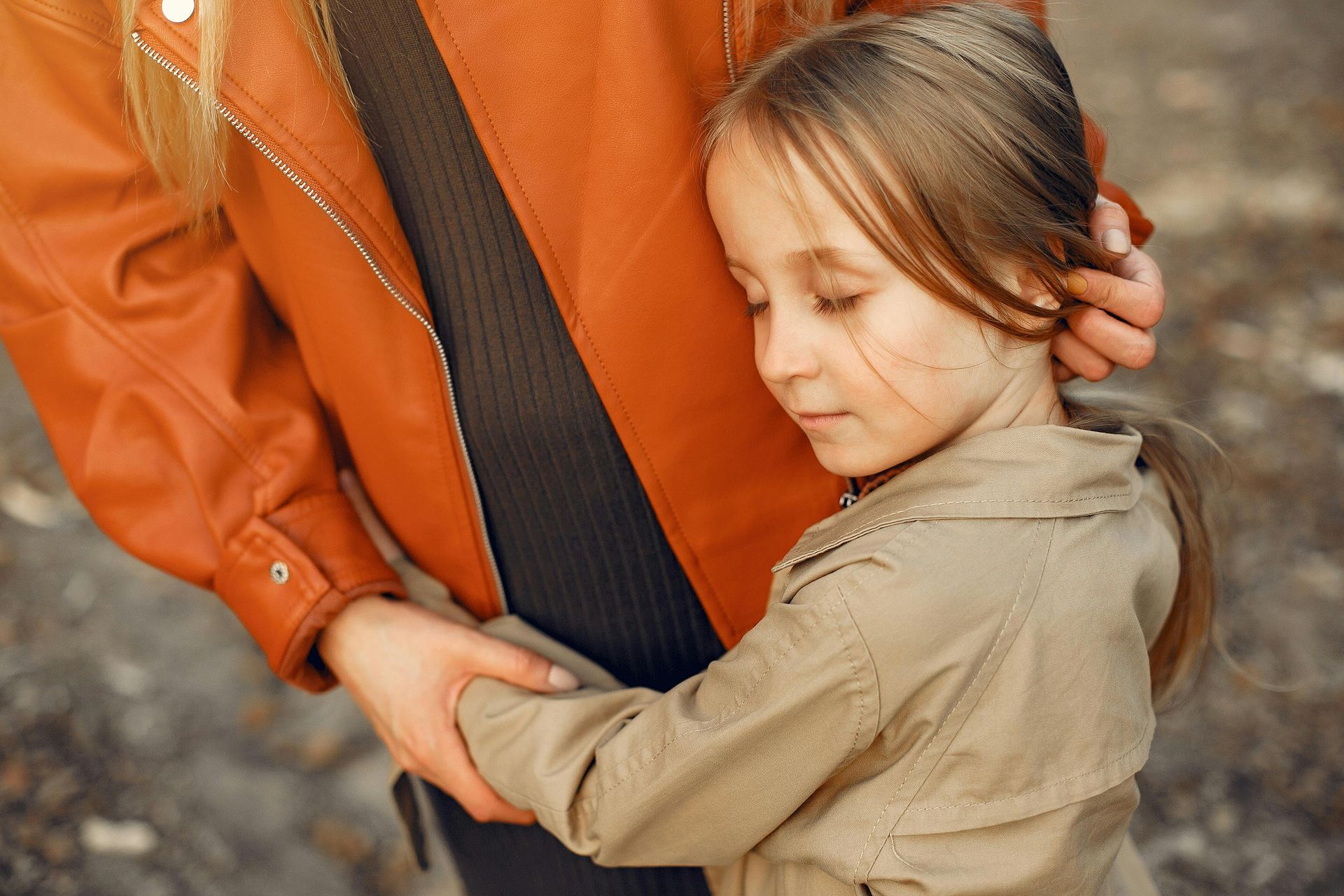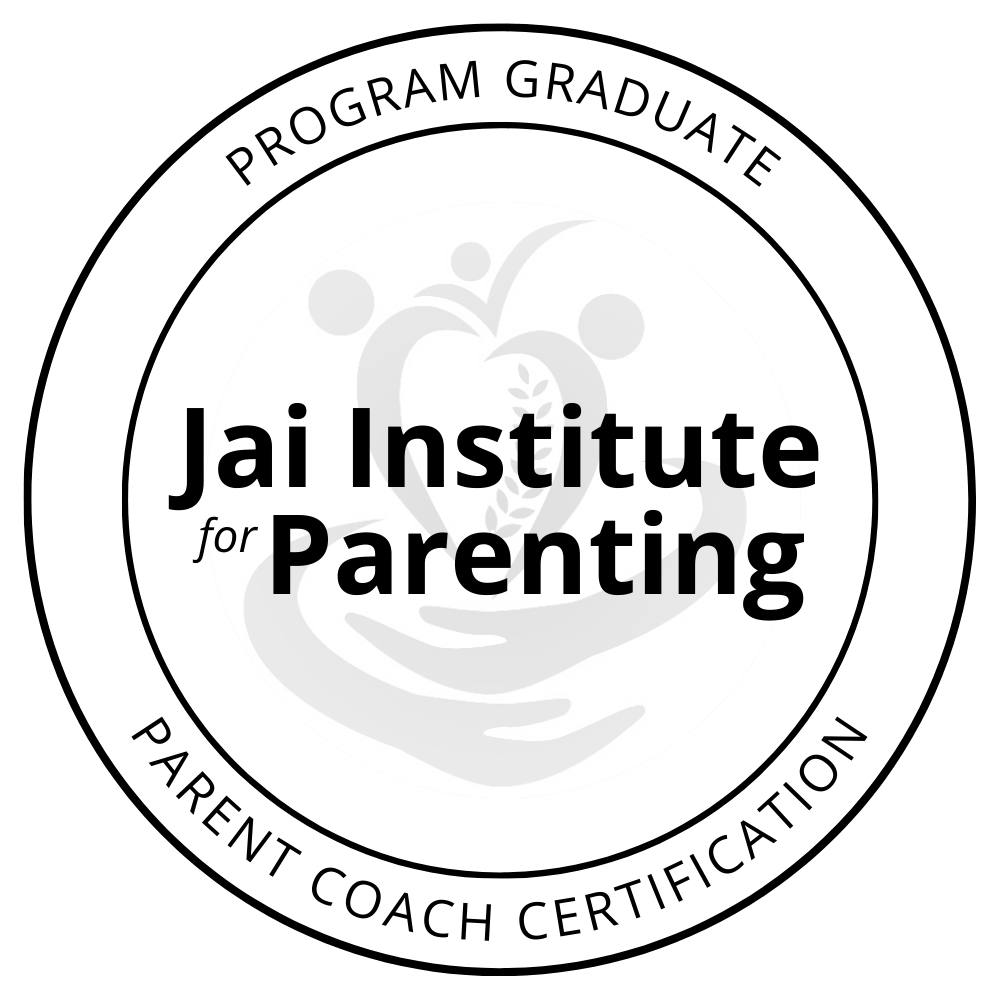Chestnuts and New Beginnings: Back to School, Back to Us
Meg Regan • September 5, 2025
"When little people are overwhelmed by big emotions, it's our job to share their calm, not join their chaos."
- L.R. Knost

The chestnuts reminded me of the summer just gone and the connection to nature I always cherished. They also evoked that school was not everything… Their smooth surface under my fingers reassured me that the world is generous and that I am more than just a school kid; just like secretly holding a bunch of chestnuts in my hand, I could hold something just mine — by me and for me.
School-related stress was very real for my young self. I had good friends, and I always did well academically. Yet, the feeling of overwhelm with school expectations, and just the expectation to be physically out there for many hours, is something I recall to this day. The prospect of laughter and companionship, but also the smell of freshly purchased books and notebooks, the pencil case full of meticulously arranged, colourful stationery, and those memorable chestnuts sweetened the whole experience and took the edge off the anxiety.
As a mum, I have experienced the other side of the nursery and school adaptation process. Watching and accompanying my daughter through many rounds of new school year beginnings, some harder and some much easier, repeatedly awoke my own childhood triggers and allowed me to empathise with her, because I had walked that path before. This recurring experience taught me, over time, how to best support her in her struggles and celebrate her wins.
These memories and feelings return to me every autumn and bring with them the thought that this back-to-school time can be both exciting and daunting, challenging, and even scary — for both children and their parents. New people, new places, new timetables and obligations. Nursery or school adaptation is a process that entire families go through together, and it may look and feel different for everyone. It may also last different amounts of time — seem smooth and quick for some, and stretch into a few bumpy weeks for others.
It’s so important to acknowledge this, to lean into your own experience and to accept that it is yours and only yours — without comparisons to others (those can be painful and misleading), and with a lot of compassion for yourself and your child.
If your nursery child, school kid, or teen is finding it easy, that ease is worthy of acknowledgement — notice it and rejoice! But if they are having a hard time adjusting to the changed routine, separation from you, social or academic pressures, and all things new this school year, instead of negating their experience by telling them that “there is nothing to worry about” and asking them to “just get on with it”, I want to invite you to try to soothe them with empathy, and then encourage them to move on.
💚 Offer empathy: Just be around and listen to their fears. Acknowledge their experience and let them know you see them. Reflect what you hear. Empathise.
Your presence has immense power as it allows your child to feel seen and heard, which meets some of their very basic human needs. It enables them to name their emotions, and then process them and eventually borrow your
calm. They can return to safety and begin to see that they are able to move through unpleasant feelings and eventually overcome challenges.
“I hear you.”
“This sounds really hard.”
“It sounds like you’re feeling…”
“I hear your sadness.”
“I can imagine how difficult this must be for you.”
💚 Welcome all feelings: Let them vent. Let them be quiet and just stay present until they’re ready to talk. Let them cry if they need to!
Crying is a natural way in which our nervous systems self-soothe, and the endorphins that get released in the process assist self-regulation. Have you ever noticed your child, or yourself, yawn after a good cry? Bingo — that’s a clear sign that their parasympathetic response, which supports relaxation, is engaged, and your child is on the way to feeling calmer and in control.
So welcome absolutely everything they are willing to share with you to support them on their journey through their emotional storm.
“I’m right here with you. Tell me more.”
“Your feelings are safe with me.”
“It’s ok to let it out — I’ll stay here with you.”
“I want to understand what it feels like for you.”
💚 Expand your child’s perspective: Normalise their feelings for them and point out that they are not alone in how they are swayed and even in how they respond to their challenges.
Both my daughter and my clients often hear me say that our feelings and our actions are not us — they don’t define us as people. Every experience we go through is like one leaf amongst millions of other leaves on an enormous and endlessly rich and beautiful tree of our life.
“When I was your age, I was very nervous about it too….”
“Do you think anyone else in your class feels the same?”
“Do you remember the last time you felt this way? What did you do?”
“What is going well for you right now?”
💚 Lead towards action: And then, when back into a more regulated state of mind, help them move on! Engage your own and your child’s problem solving skills, appropriate to their age, and together figure out small next steps.
“What would make you feel better about it right now?”
“What can you/we do tomorrow before school / on the way to school / at school / after school?”
Do something straight away — maybe draw a picture of your family together, prepare a favourite packed lunch, role play a difficult conversation with a friend, or practise asking the teacher for help. Why not plan a fun activity for after school?
By showing empathy and presence, by deeply connecting with your child, you can help them feel safe, so they can carry that feeling of safety to nursery or school with them.
And what about you?
If back-to-school is what you have been waiting for — wonderful! Is your child mostly happy and excited about it? Fantastic! And let me ask you this: Do you get a chance to feel gratitude and enjoyment? Do you allow yourself to celebrate the ease and the harmony, or whatever else asks for a celebration?
And if your start to the school season is a little bumpy, what do you find challenging about this transition?
What exactly feels uncomfortable?
Where is that discomfort coming from? Can you pinpoint any experiences from your own childhood that keep hold of you as you are watching your child navigating similar situations or stressors?
Are you willing to try to acknowledge and accept your own feelings, maybe even fears and tears?
Are you then willing to try to put them in perspective and notice that you are not alone in this?
Can you recall some previous situations that seemed challenging but you managed to come through on the other side —stronger and wiser? How did that feel?
And what is going well
for you right now?
What can you do or give to yourself today
that will make you feel lighter and that will allow you to breathe more deeply?
I hear you in all of this! I have been there. On all sides — as both frustrated and happy child; as both calm and overwhelmed parent.
And so, whether this season feels smooth or tumultuous, consider noticing the moments of connection that will carry you through. Like anything on our parenting path, back-to-school challenges are a chance for us to grow together
with our children, even when it’s hard to see beyond the present moment. And before we know it, this new chapter will already be woven into the story of our lives, just like the beautiful long summer that’s just ended.




